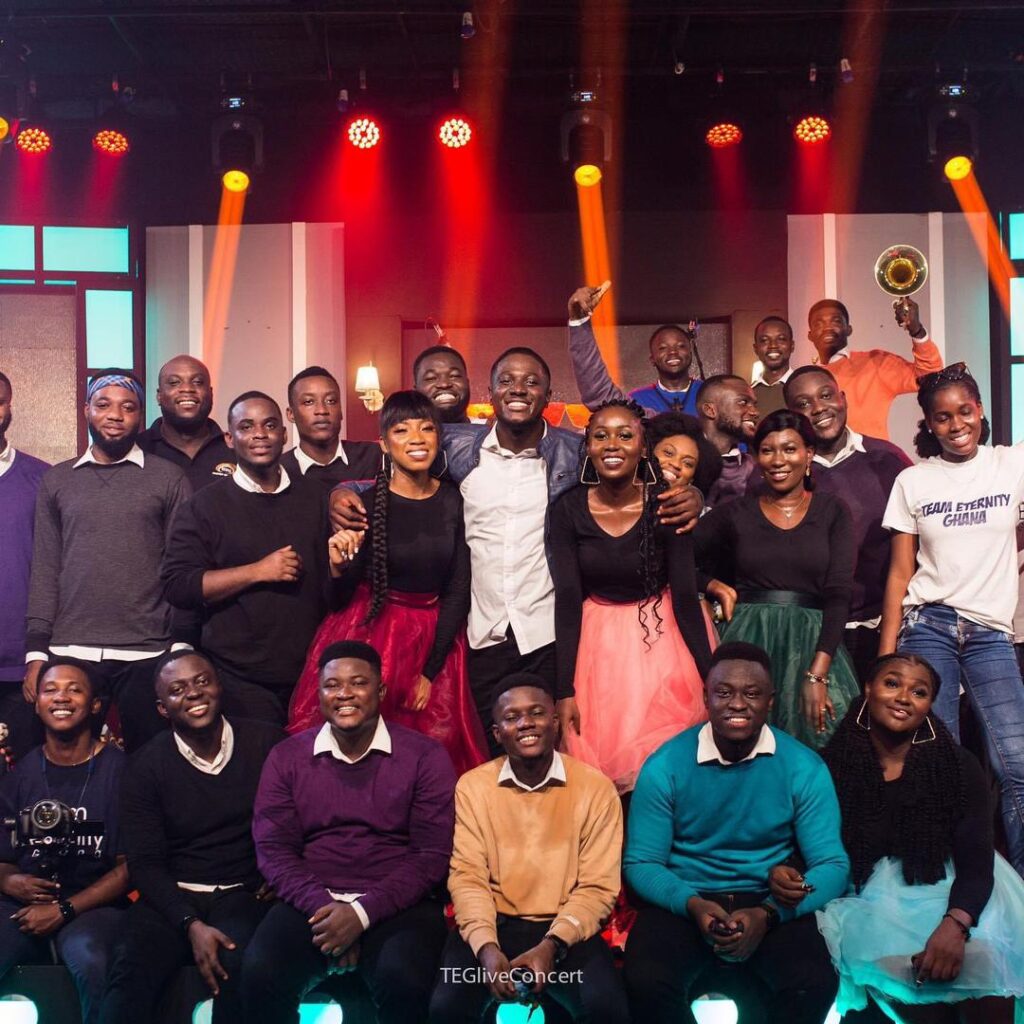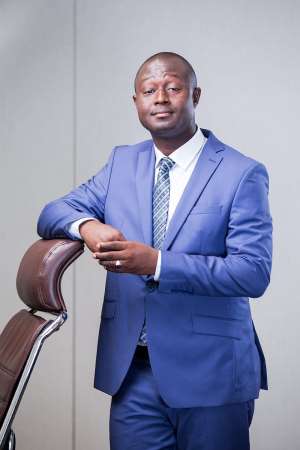THE Copyright Office of Ghana has urged the gospel music group, Team Eternity Ghana, to resolve any copyright disputes related to their hit single, Defe Defe, amicably in order to avoid legal repercussions.
Team Eternity Ghana has been accused of alleged ‘song theft’ by Kwame Mickey, the executive producer for Hallelujah Voices’ Defe Defe which was released 20 years ago.
In an interview with Graphic Showbiz, James Owusu-Ansah, a Senior Research Officer at the Copyright Office, advised Team Eternity Ghana to settle the matter out of court, and cautioned that litigation could be prolonged and costly, emphasising the need to avoid unnecessary legal drama.
In a Facebook post on Sunday, June 17, Mr Kwame Mickey sparked conversation on copyright issues when he alleged that Team Eternity Ghana had infringed on his intellectual property by using the ‘defe defe’ line in their trending banger, also titled Defe Defe.
Hallelujah Voices sing, “manhyia Nyame a anka ɔbonsam ayɛ me defe defe,” and Team Eternity sing, “manhyia Nyame a anka y’ayɛ me defe defe.”
In the said post, he insinuated that Team Eternity infringed by using the ‘defe defe’ line in their new hit single which has garnered over two million views on YouTube as of Wednesday, June 19, 2024.
This controversy has generated intense debate on social media, with opinions divided on the matter. Some argue that the expression ‘defe defe’ is not a unique creation of Hallelujah Voices, and therefore they cannot claim it as their exclusive property. Others point out similarities in the lyrics, suggesting potential copyright infringement.
Mr Owusu-Ansah noted that the controversy surrounding the issue was not about emotional outbursts or personal opinions, but rather about what the copyright laws specifically stated and how they applied to the situation.
“When it comes to making a song popular, the chorus and hook are key elements. However, before creating a song, two essential factors must be considered: originality and creativity. While ideas themselves are not copyrightable, the expression of those ideas is protected.
“This means that no one can claim ownership of words or ideas, but the unique expression of is exclusive to the creator. To establish copyright, a person must demonstrate mental labour, meaning they invested time and effort into crafting their work.
“This include selecting words, rhythms and melodies. If someone accuses another of plagiarism, they must prove that the accused party stole their work. This can be challenging, as songwriters often draw inspiration from others and borrow elements, making it difficult to determine whether it’s a case of inspiration or appropriation.
“In the case of Hallelujah Voices and Team Eternity, it’s possible Team Eternity was inspired by the existing work without directly copying it. Alternatively, they may have appropriated the work, modifying it to fit their own song.
“To determine copyright infringement, we must examine whether the expression of ideas was original and creative, and whether mental labour was exercised in the creation process and that is where they could be found guilty if they aren’t able to prove themselves,” he said.
According to Mr Owusu-Ansah, even if Team Eternity wanted to use the word ‘defe defe’, they should have sought permission from the original creator.
Even though he couldn’t answer the question as to whether Halleluyah Voices had registered ‘Defe Defe’ at the Copyright Office, he encouraged both parties to write to the Copyright Office for the matter to be resolved.



